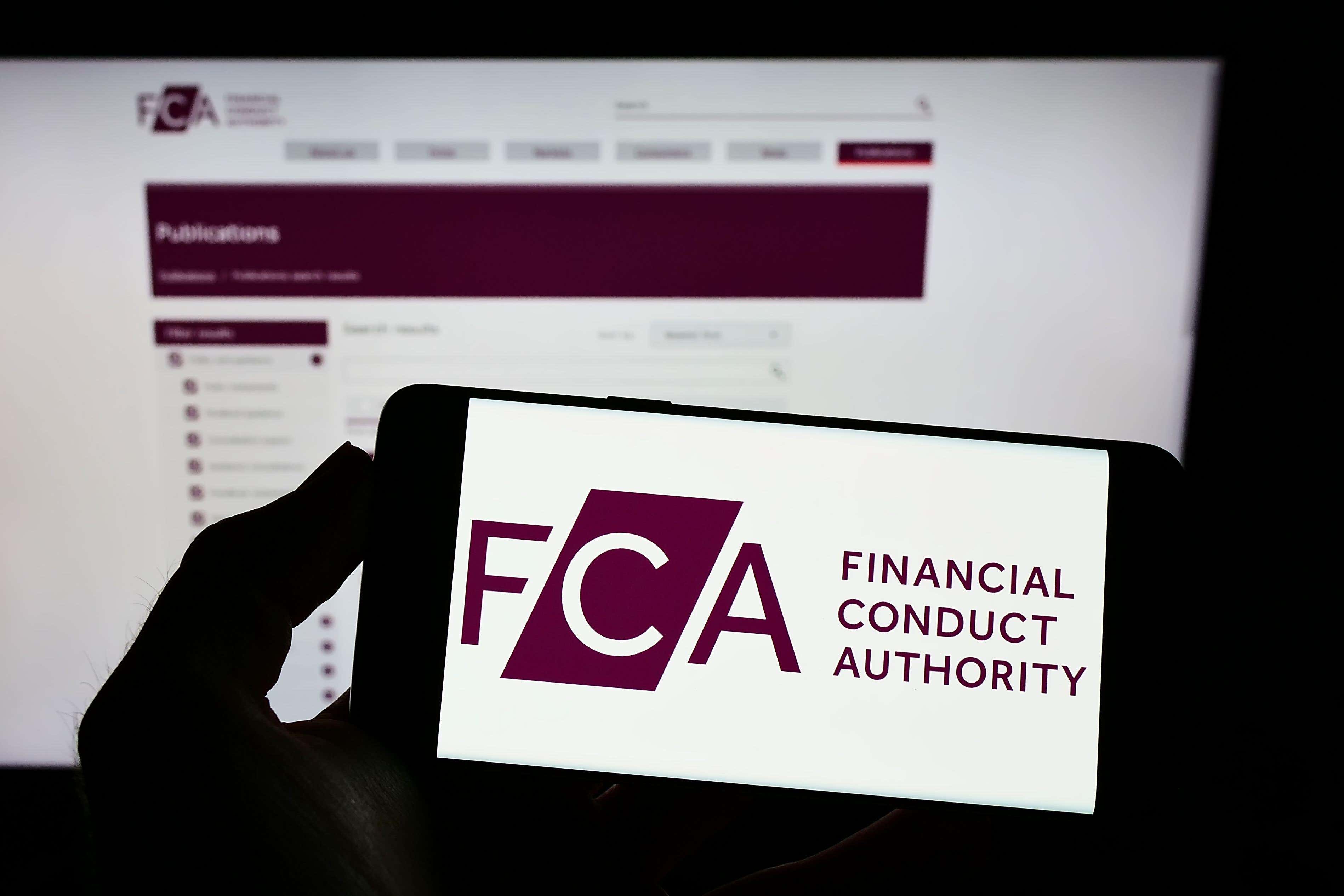FCA fines Swiss bank £18m over ‘corrupt’ relationships with Russian oil firms
The Financial Conduct Authority said it was a ‘challenging’ investigation.

Your support helps us to tell the story
From reproductive rights to climate change to Big Tech, The Independent is on the ground when the story is developing. Whether it's investigating the financials of Elon Musk's pro-Trump PAC or producing our latest documentary, 'The A Word', which shines a light on the American women fighting for reproductive rights, we know how important it is to parse out the facts from the messaging.
At such a critical moment in US history, we need reporters on the ground. Your donation allows us to keep sending journalists to speak to both sides of the story.
The Independent is trusted by Americans across the entire political spectrum. And unlike many other quality news outlets, we choose not to lock Americans out of our reporting and analysis with paywalls. We believe quality journalism should be available to everyone, paid for by those who can afford it.
Your support makes all the difference.Swiss private bank Julius Baer International has been fined £18 million by the UK’s financial watchdog for “corrupt” relationships with Russian oil companies between 2007 and 2014.
The Financial Conduct Authority (FCA) said the bank’s weaknesses “create the circumstances in which financial crime of the most serious kind can flourish”.
The FCA highlighted arrangements between its banking arm, Bank Julius Baer, and Dimitri Merinson, an employee of Yukos Group, which was formerly Russia’s largest oil company but which went bankrupt in 2006.
Julius Baer would pay “finder’s” fees to Mr Merinson for introducing Yukos Group companies to the bank – meaning he received commission for his referrals.
These weaknesses create the circumstances in which financial crime of the most serious kind can flourish
The exchanges were made on the understanding that Yukos Group companies would place large sums of cash with Julius Baer from which it could generate big revenues, the FCA said.
The watchdog stressed that in many cases, the oil companies were charged far higher than standard rates by the bank, and that profits were shared between Julius Baer and Mr Merinson.
Mr Merinson received commission payments totalling around three million US dollars (£2.5 million) as a result of the arrangements, according to the FCA’s investigation.
The FCA concluded that the wealth management firm failed to conduct its business with integrity, failed to take reasonable care to organise and control its affairs, and was not open and co-operative with the regulator.
In particular, it criticised its decisions to charge the oil companies more than the standard rate, and using “uncommercial” foreign exchange transactions for the commission payments.
We deeply regret the serious failings and apologise for the shortcomings that occurred at JBI between 2009 and 2014
Mark Steward, the FCA’s executive director of enforcement and market oversight, said: “There were obvious signs that the relationships here were corrupt, which senior individuals saw and ignored.
“These weaknesses create the circumstances in which financial crime of the most serious kind can flourish.”
Three former employees of Julius Baer have also been banned by the FCA for their involvement in the activities – Louise Whitestone, Thomas Seiler and Gustavo Raitzin.
The three individuals will be able to present their cases to the Upper Tribunal, an independent tribunal which handles cases from financial regulators, which will decide whether or not to uphold the FCA’s decision.
The FCA said it was a “challenging” investigation into the Swiss bank, which involved interviews in Switzerland to gather evidence.
David Durlacher, the chief executive of Julius Baer International (JBI), said: “We deeply regret the serious failings and apologise for the shortcomings that occurred at JBI between 2009 and 2014.
“We have taken full responsibility for these historical failings and made complete restitution to our client.
“Since this wrongdoing took place, we have implemented significant organisational changes.
“With a reformed governance structure, a new management team and a remodelled risk and compliance function, our clients can trust we will always safeguard their interests.”